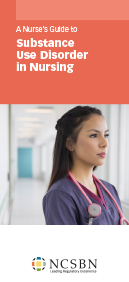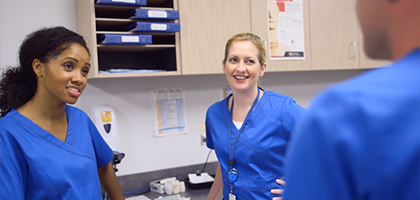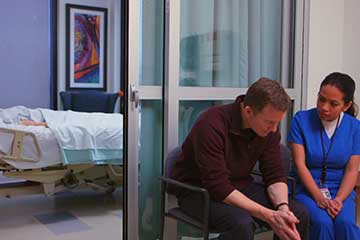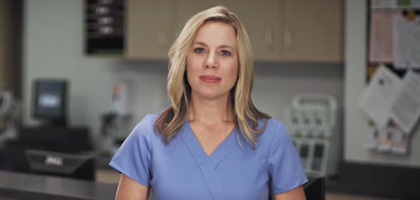Discipline Resources
Board of Nursing Complaint Process: Investigation to Resolution Video
Board Action Pathway
Substance Use Disorder in Nursing Resources
Social Media Guidelines
Discipline Publications, Articles & Courses

Nursing Pathways for Patient Safety






 Purchase
Purchase



